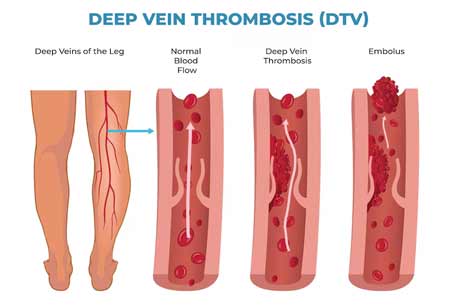Thank you for Subscribing to Healthcare Business Review Weekly Brief
The Role of Machine Learning in Healthcare

Be first to read the latest tech news, Industry Leader's Insights, and CIO interviews of medium and large enterprises exclusively from Healthcare Business Review
Thank you for Subscribing to Healthcare Business Review Weekly Brief

By
Healthcare Business Review | Friday, August 09, 2024
Stay ahead of the industry with exclusive feature stories on the top companies, expert insights and the latest news delivered straight to your inbox. Subscribe today.
ML is changing healthcare by improving diagnostics, treatment, and patient management. As this technology develops, it will enhance precision and efficiency, transforming patient care and outcomes.
FREMONT, CA: Integrating machine learning(ML) into healthcare is rapidly expanding, unlocking new possibilities and driving innovation across the field, from early disease detection to personalized treatments. It empowers healthcare providers with powerful tools to diagnose better, treat, and manage patient care. Here are a few applications of ML in healthcare:
Predictive Analytics: These models empower healthcare providers by analyzing historical and patient data to forecast future health events, such as disease outbreaks or potential readmissions, by identifying patterns and trends. It enables healthcare providers to take preventive measures and allocate resources more effectively. This proactive approach significantly improves patient outcomes and reduces healthcare costs.
Medical Imaging: These ML algorithms enhance the interpretation of medical images like X-rays, MRIs, and CT scans by identifying subtle patterns and abnormalities that human eyes may miss. They are trained on large datasets to detect diseases such as tumors or fractures with high accuracy. They also assist in quantifying disease progression and monitoring treatment responses by improving diagnostic precision.
Personalized Medicine: Analyzing individual patient data, including genetic, environmental, and lifestyle factors, helps tailor treatments to each patient's unique characteristics, enhancing the therapies' effectiveness and minimizing adverse effects. ML models can predict how patients respond to specific therapies, allowing for more informed decision-making by considering personal variations.



